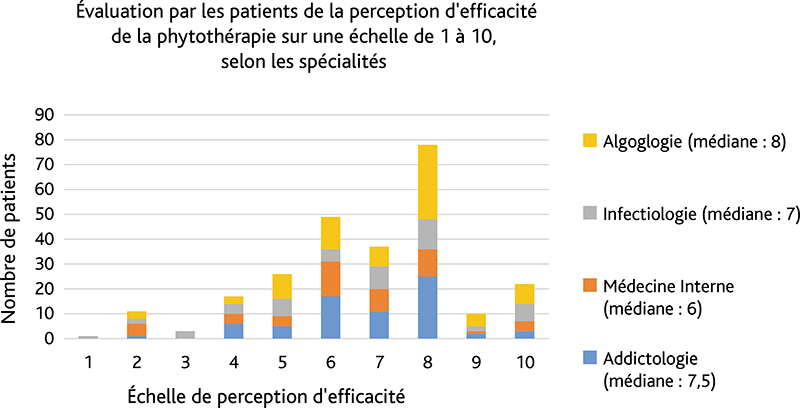
Authors
Correspondence: a. Pickart C
Almost everything today conflicts with allopathic, complementary and alternative medicine. On the one hand, an increasingly advanced technology, on the other hand, a holistic approach to health. We were interested in the use of herbal medicine in our patients, although this area was almost never addressed during our consultations.
Four practitioners: a bacteriologist, an epidemiologist, an infection doctor, an internist, and a botanist designed a questionnaire that was distributed for two months to patients who were consulting in a hospital.
Out of 442 questionnaires submitted, 336 could be analyzed. 70% of patients use complementary and alternative medicine. Phytotherapy was the most cited, by 204 patients (ie 86% of complementary and alternative medicine subjects). Phytotherapy concerns all patients. It is prescribed in 90% of cases in medical science where it can be prescribed, and in 50 to 70% of cases for other specialties. It was used more often by women and executives. Half of the recipes are made by a therapist (structured or not) and half by a family member. Botanicals mainly come from a drugstore or organic store. Eleven plants accounted for 60% of the citations. The plants were mainly used to relieve general or functional symptoms (fatigue, sleep, anxiety, digestion, colds, and coughs). Effectiveness has been rated by patients 7/10. Safety of herbal medicines was good with side effects of 6%. There were no serious side effects.
Thus, the use of herbal medicines, which are seen as effective by most patients, is very common in the context of hospital consultation, which encourages their consideration to improve overall care.


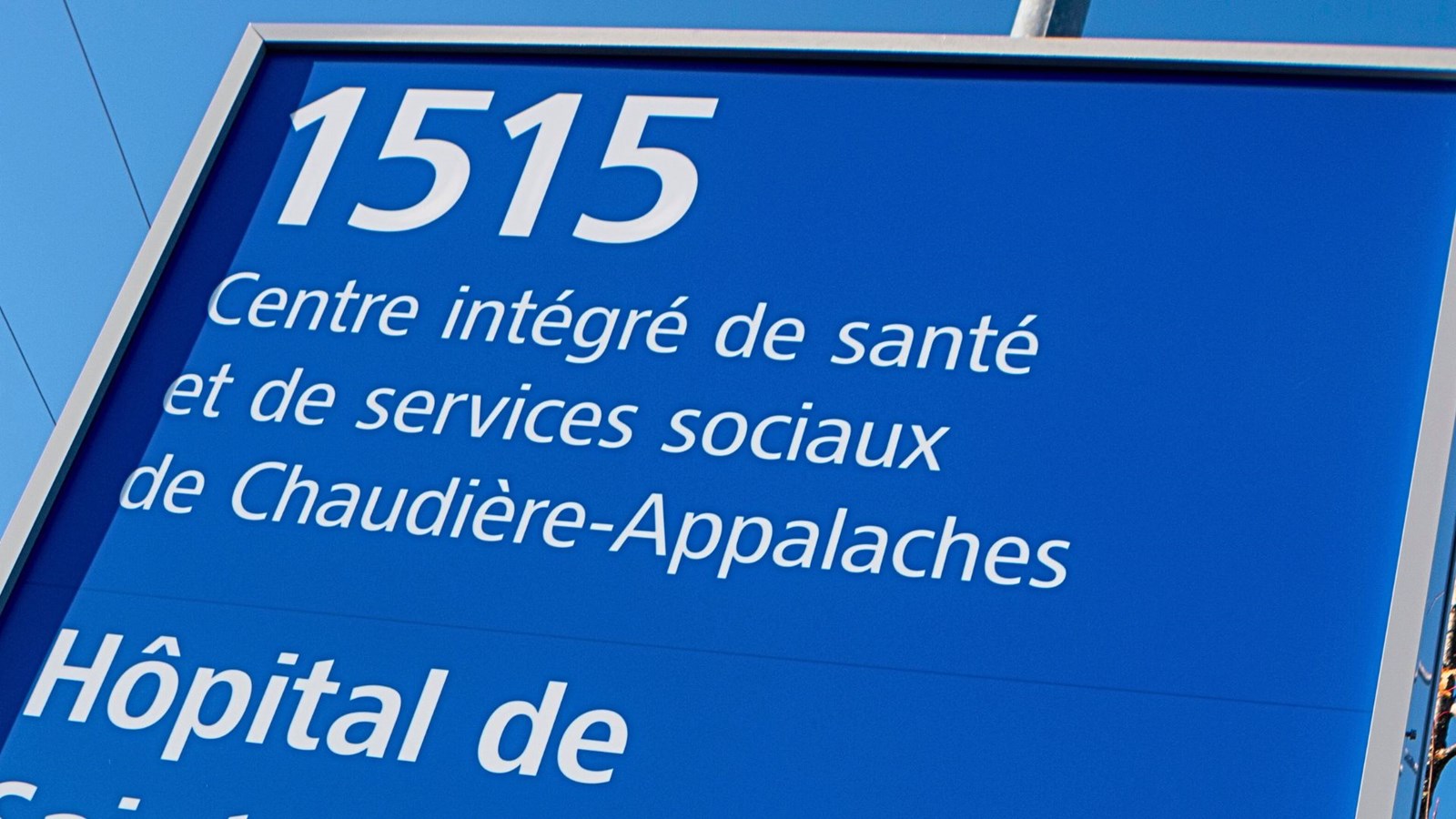
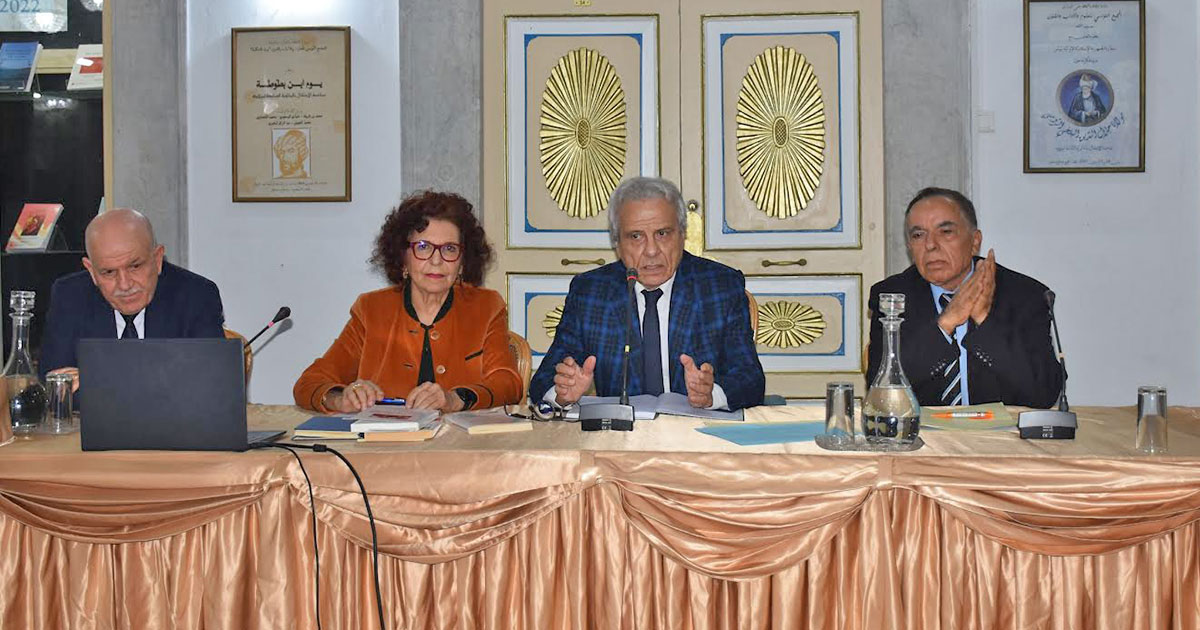
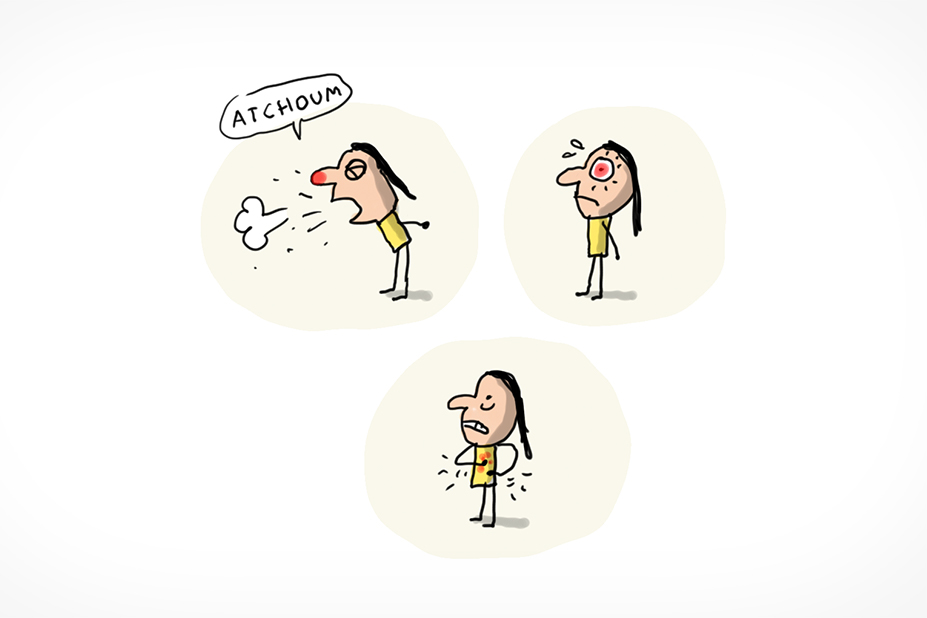
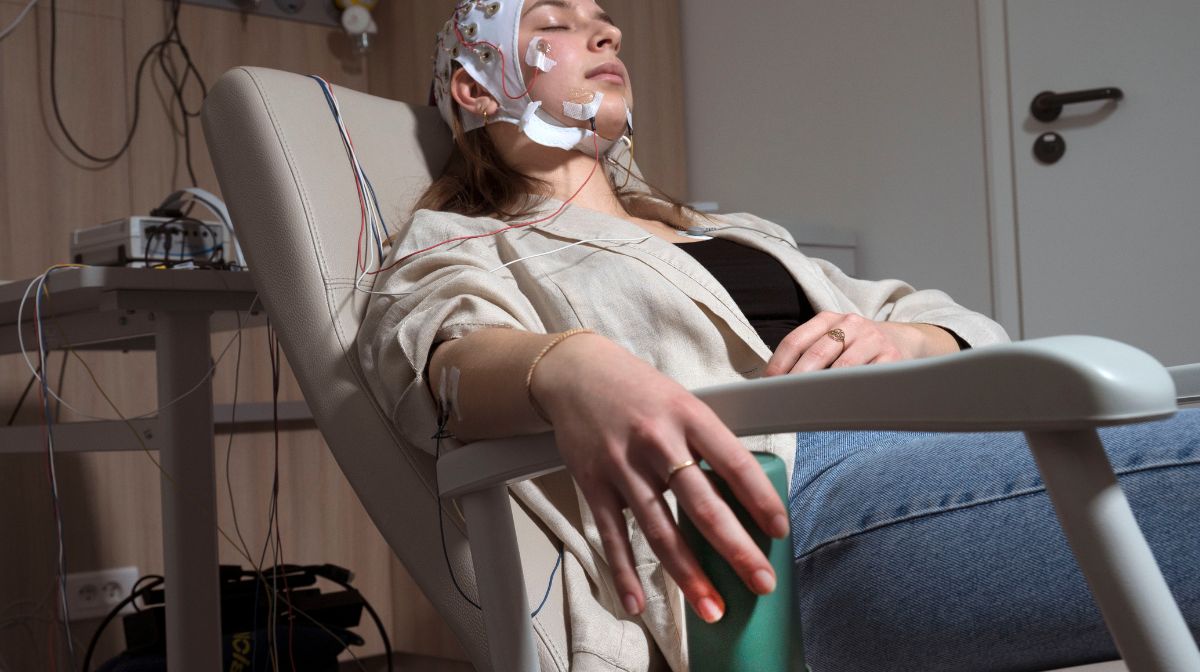
:quality(70):focal(1515x1438:1525x1448)/cloudfront-eu-central-1.images.arcpublishing.com/liberation/X7T4FCTMWVF2NACF35CCUHUPTE.jpg)